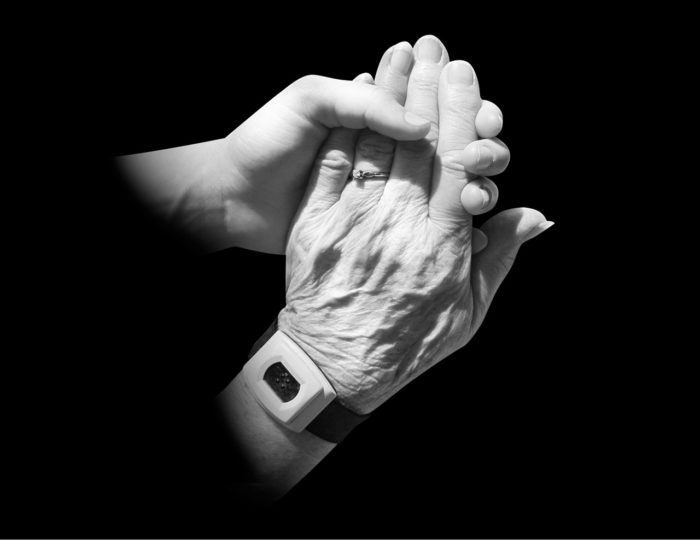Patients with chronic liver disease (CLD), such as non-alcoholic fatty liver disease, are receiving hospice care too late into their diagnosis, according to recent data published in the American Journal of Gastroenterology.
Headed by lead researcher Natsu Fukui, MD, from the Inova Fairfax Hospital in Falls Church, Virginia, the study aimed to examine the characteristics of Medicare enrollees with CLD who were discharged to hospice care, as the correlation has not been well studied.
In broad strokes, the study supports the fact that patients with chronic illnesses are referred to hospice care too late into their disease course, leading to inadequate time to fully benefit from care.
While medical experts push for the expansion of hospice care to individuals dying of all chronic illnesses, end-of-life care is often prescribed unevenly among chronically ill patients, including those living with CLD, according to Fukui.
“Unfortunately, studies have shown that only a small portion of patients with CLD receive palliative care,” Fukui wrote in the study.
A total of 2,179 CLD patients and 34,986 control patients without CLD met the study’s inclusion criteria. Participants were analyzed between 2010 and 2014. Non-alcoholic fatty liver disease, alcoholic liver disease and hepatitis C virus (HCV) are the most frequent cause of CLD, according to the study.
Fukui and his team of researchers found that on average, in comparison to the control group, CLD patients were younger (70 vs. 83 years); more likely to be male (57.7% vs. 39.3%); had longer lengths of hospital stay (19.4 vs. 13.0 days); incurred higher annual charges to Medicare ($175,000 vs. $109,000); and had higher 30-day re-hospitalization rates (51.6% vs. 34.2%).
Further, CLD patients had shorter hospice lengths of stay compared to the control group (13.7 vs. 17.7 days). For Fukui, this particular finding further illustrates the need for chronically ill patients — like those living with CLD — to be informed of hospice care services sooner rather than later.
“Our study further highlights the fact that this trend is substantially more prominent among patients with CLD,” Fukui said. “These results should raise awareness for timely hospice referral and incite conscious efforts to improve access to hospice services, which will be essential for enhancing the quality of end-of-life care of our patients with CLD.”
Written by Carlo Calma
Companies featured in this article:
American Journal of Gastroentorology, Inova Fairface Hospital




